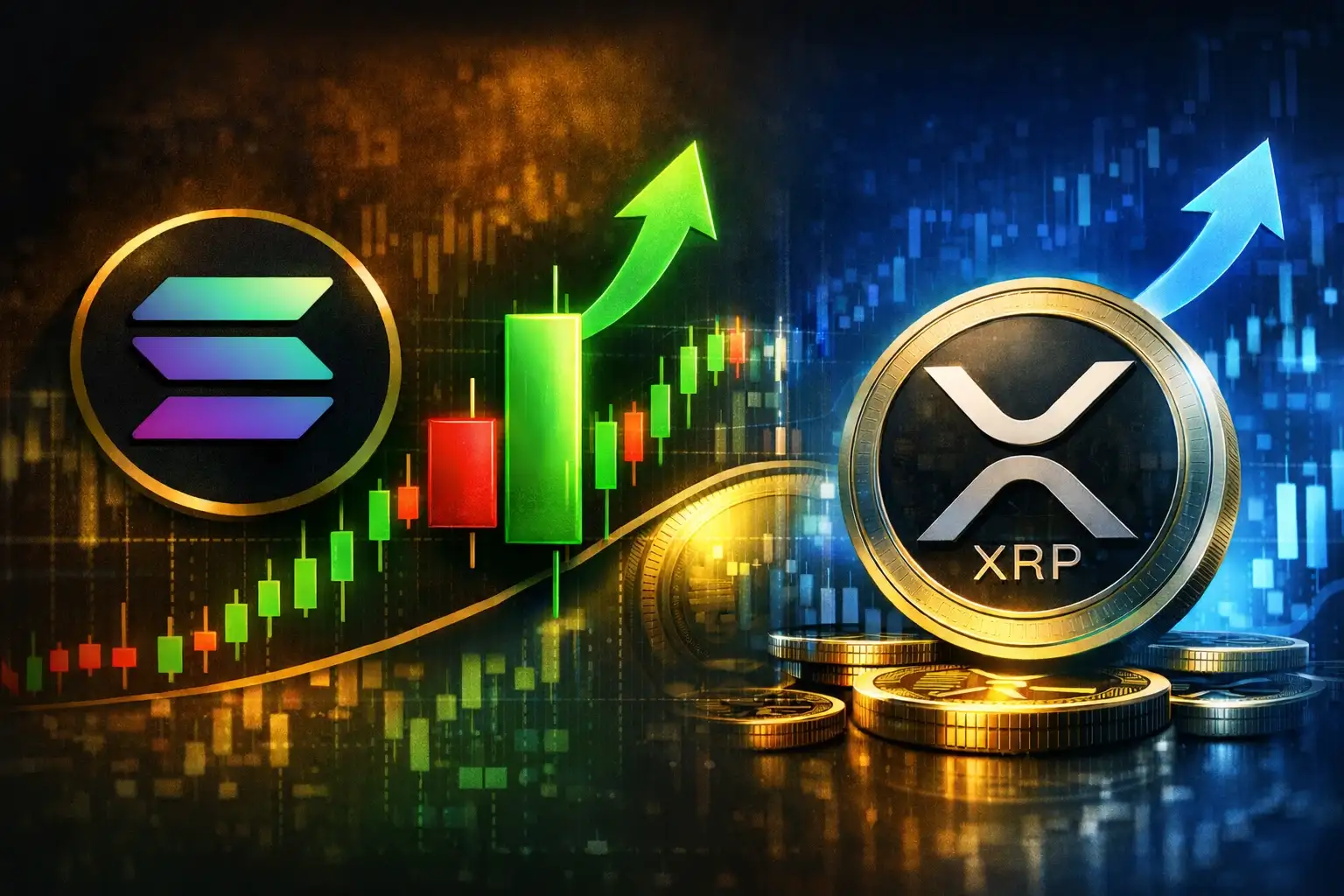
In Latin America, the adoption of cryptocurrencies and the DeFi world has advanced by leaps and bounds, marking a significant change in the region's financial landscape.
Both phenomena have impacted various areas of society, such as economic, technological, and social sectors, creating fertile ground for the flourishing of digital currencies.
According to the study titled "Cryptoassets in Latin America and the Caribbean" conducted by the IDB and the University of Cambridge, decentralized finance can be defined as "a general term that refers to an emerging economy comprising various protocols, platforms, and applications built on public software.
Unlike established centralized finance (CeFi), DeFi projects and protocols generally aim to enable financial activity without intermediation. DeFi protocols are often controlled by decentralized autonomous organizations (DAOs) to achieve the goal of decentralization."
The evolution of DeFi and the adoption of cryptocurrencies in Latin America are favored by local innovation and the adaptability of its inhabitants to new technologies.
Despite regulatory and infrastructure challenges, DeFi is emerging as a promising solution to combat inflation and foster economic development, offering users complete control over their assets and transactions.
Claudio Cossio, co-founder of Meta Pool, stated, "Applications that use blockchain technologies allow the user to retain part of the value generated from their transactions and activities; staking is something that is about to grow in Latin America."
What are the main factors behind the growth of the DeFi world and crypto adoption in Latin America?
The main factors behind the growth of cryptocurrency adoption and the DeFi world in Latin America are multifaceted and reflect both economic challenges and technological opportunities. Some of them are:
Cross-Border Remittances: Cryptocurrencies offer an efficient and low-cost solution for remittances, a vital economic pillar for many countries in the region. They facilitate the sending and receiving of funds, overcoming the barriers of traditional money transfer services.
Asset Tokenization and NFTs: The ability to tokenize assets and the popularity of NFTs have opened new paths for investment and asset ownership in Latin America, thus stimulating the adoption of cryptocurrencies.
Likewise, the major economic problems faced by several countries in the region, such as high inflation levels and the loss of value of local currencies, have generated a lack of trust in several Latin American countries.
This widespread sentiment in Latin America has been one of the main drivers for new generations of inhabitants in search of new financial alternatives to traditional financial systems, such as the case of decentralized finance.
Also, the growth is driven by the entrepreneurial spirit and adaptability of Latin Americans to new technologies, which has fostered an ecosystem of startups and innovative DeFi projects.
Despite regulatory and infrastructure challenges, DeFi is emerging as a promising solution to combat inflation and foster economic development, offering users complete control over their assets and transactions.
On-Chain Media articles are for educational purposes only. We strive to provide accurate and timely information. This information should not be construed as financial advice or an endorsement of any particular cryptocurrency, project, or service. The cryptocurrency market is highly volatile and unpredictable.Before making any investment decisions, you are strongly encouraged to conduct your own independent research and due diligence
Tags :

0 Comments
Show More

Ethereum shows renewed bullish momentum above key levels near $3,330.

Bitcoin trades at a critical crossroads as price compresses near resistance. Analysts debate whether BTC breaks $100K or faces another correction.

Solana is showing a bullish engulfing candlestick that could drive prices toward $150. Analysts forecast a potential 600% surge for XRP if market momentum strengthens.
On-Chain Media is an independent, reader-funded crypto media platform. Kindly consider supporting us with a donation.
bc1qp0a8vw82cs508agere759ant6xqhcfgcjpyghk
0x18d7C63AAD2679CFb0cfE1d104B7f6Ed00A3A050
CBaXXVX7bdAouqg3PciE4HjUXAhsrnFBHQ2dLcNz5hrM
Contains the last 12 releases